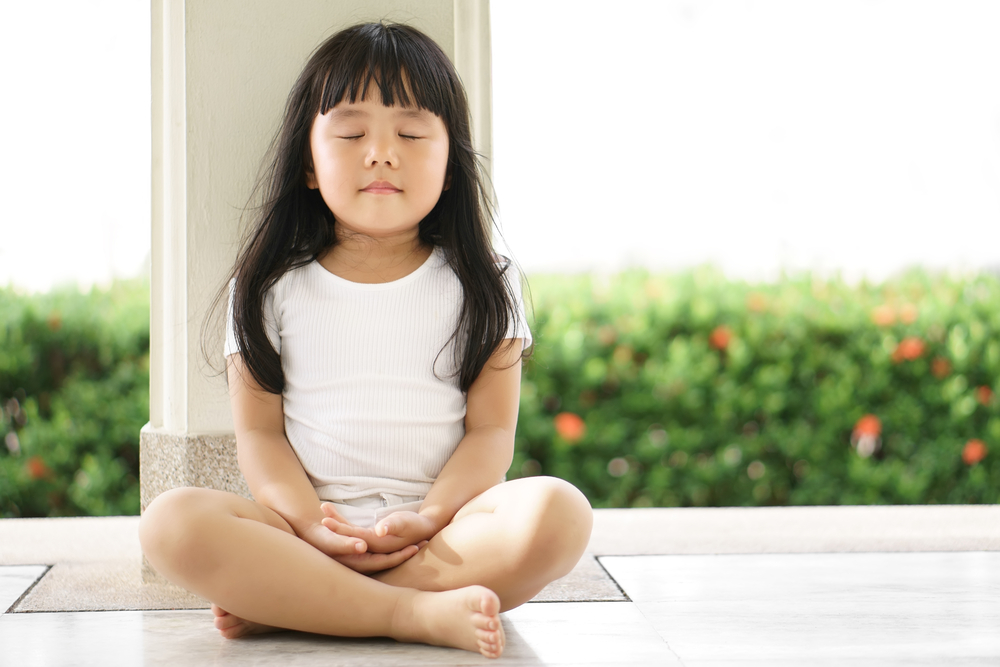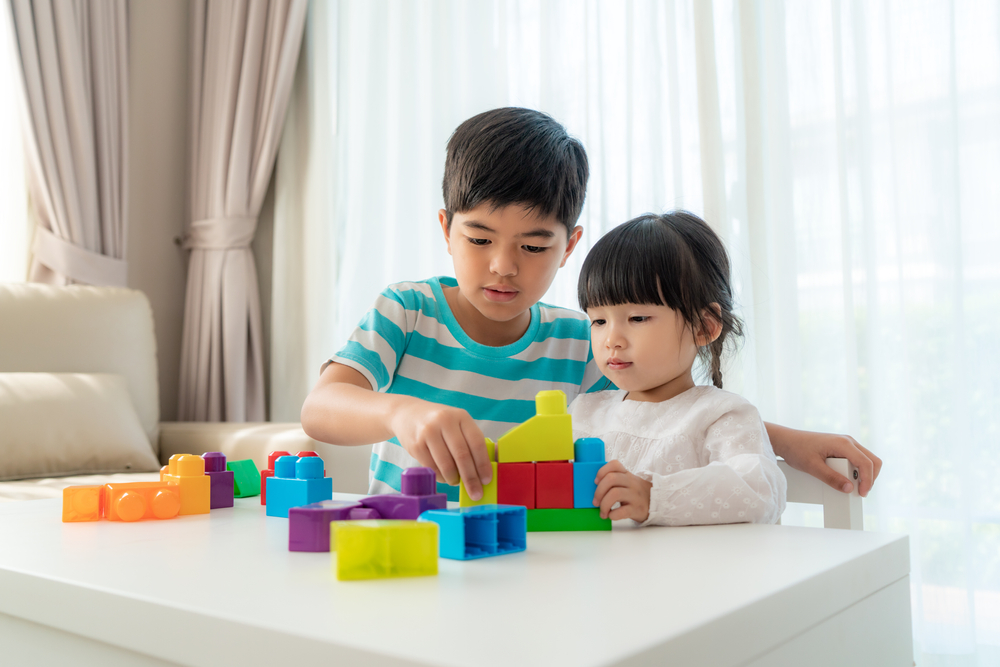
Stranger anxiety: Anxiety towards strangers
Written by: Hong Kong registered psychologist, Ching Wai Keung When discussing the formation of attachment, it is not difficult to observe that children, from infancy (approximately from birth to two years old), already exhibit feelings of anxiety, including stranger anxiety and separation anxiety. These anxieties typically begin to appear between six months and one year of age. This time, we will focus on discussing stranger anxiety. Simply put, stranger anxiety is what parents often refer to as fear of strangers, and the behaviors derived from it are what we commonly call “recognizing people.” The intensity of fear of strangers can vary; mild cases may only show reluctance to be held by strangers or avoidance of strangers’










